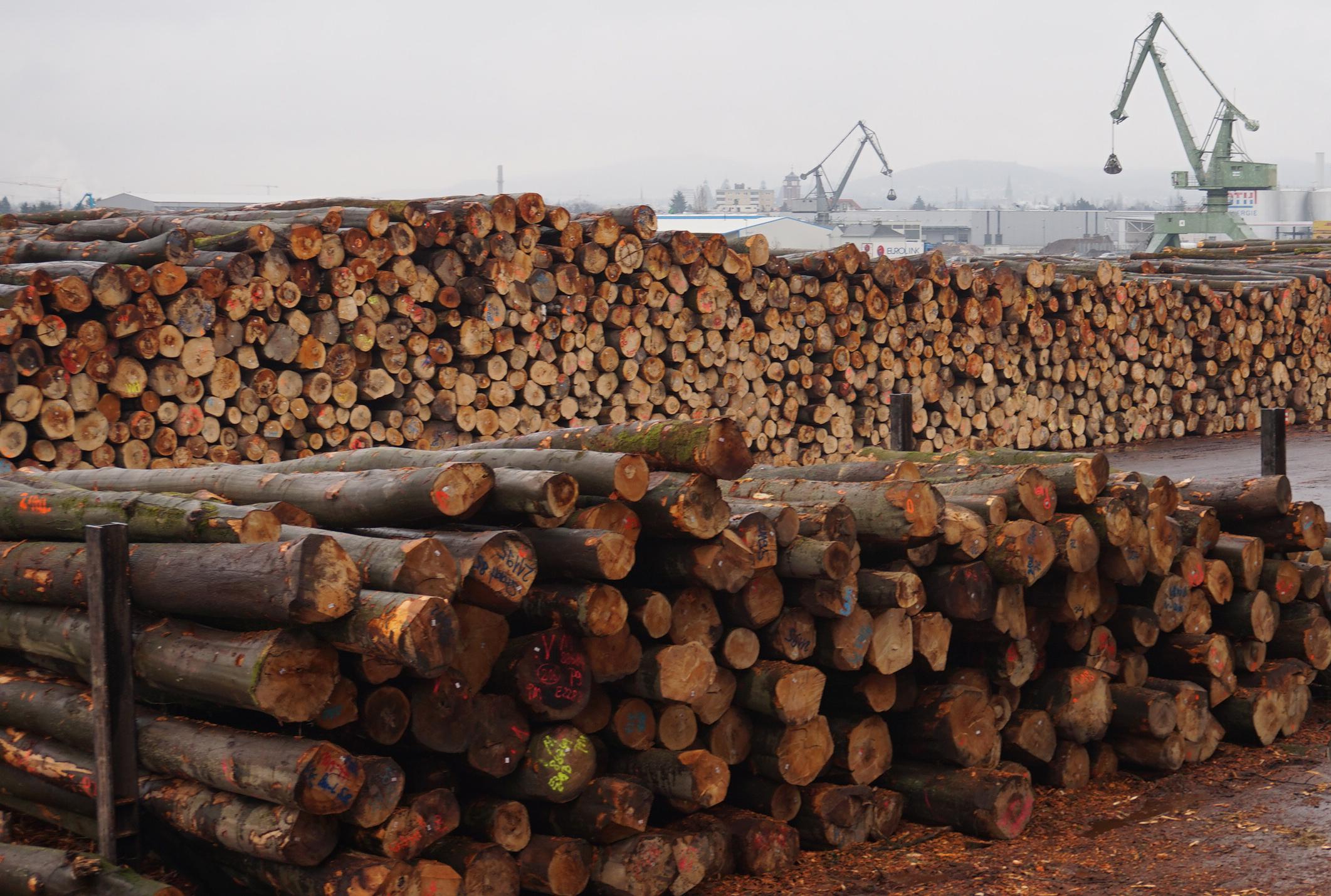The European timber industry is currently navigating challenges as shipping companies announce an additional surcharge effective January 1st for shipments to the Middle East and Asia. This has led maritime firms to temporarily pause loading and booking processes, reflecting a strategic response to financial implications. Additionally, sawmills are temporarily suspending previously scheduled shipments, especially those with cancellable options, while the broader sector grapples with heightened financial pressures. Commercial operations are on hold until the week of January 8th, pending a reevaluation in collaboration with shipping entities. Stakeholders are advised to stay informed and be prepared for potential adjustments to operational plans amid ongoing uncertainties.

Shipping companies have recently announced an additional surcharge of +1000 USD/CTR, set to be implemented on January 1st. This surcharge is applicable to shipments destined for both the Middle East and Asia, a decision influenced by the ongoing situation in the Red Sea region. As a response to the challenges posed by the current circumstances, these maritime firms have deemed it necessary to introduce this extra charge to ensure the smooth and secure transportation of goods to these specific regions. It’s advised that stakeholders and businesses involved in maritime transport consider this adjustment in their budgeting and logistical plans to avoid any unforeseen complications in their shipping operations.
In light of the recently announced surcharge, European timber manufacturers have proactively responded by implementing a temporary pause in both the loading and booking processes. This strategic decision is a measured response to the additional financial implications brought about by the surcharge, ensuring that industry stakeholders can assess and adapt to the changing cost dynamics effectively. The temporary suspension of these processes underscores the need for a comprehensive evaluation of the economic landscape and an adjustment of business strategies to navigate the challenges posed by the imposed surcharge. Industry players are keenly observing the developments and are poised to resume operations with a strategic outlook once a clearer understanding of the situation is attained.
The imposed surcharge is universally applicable to all maritime vessels utilizing the Suez Canal, without discrimination based on their travel direction—whether they are heading eastbound or westbound. This standardized application of the surcharge underscores its broad impact on the shipping industry’s operational costs and necessitates a comprehensive assessment of financial planning for businesses engaged in maritime transport. It highlights the importance of adaptability and strategic planning for stakeholders navigating the complexities of the surcharge, regardless of their specific shipping routes through the Suez Canal.
Sawmills have communicated that shipments previously scheduled, especially those with cancellable options, are set to experience a temporary suspension. This decision is particularly pertinent for shipments with scheduled departures falling after January 1st. The proactive measure reflects the industry’s response to the challenges posed by the announced surcharge and signifies a strategic approach to managing logistical operations in the wake of the new fiscal year. Stakeholders are advised to stay informed about these adjustments, and businesses should factor in these temporary disruptions when planning and managing their supply chain activities in the affected timeframe.
The industry is currently grappling with significant challenges as it contends with an overwhelming surge amounting to an additional $20/m3. This unforeseen increase poses considerable obstacles for sector participants, requiring strategic planning and adaptability to navigate the financial implications effectively. The magnitude of this surge emphasizes the need for a comprehensive reassessment of operational and financial strategies within the sector to ensure resilience and sustainability amid the ongoing market fluctuations. Stakeholders are encouraged to closely monitor market dynamics and consider implementing agile measures to address and mitigate the impact of this substantial surge on their respective businesses.
In response to the current circumstances, commercial operations have been temporarily suspended, and this hiatus is expected to extend until the week of January 8th. The decision to temporarily halt operations is pending a comprehensive reevaluation of the situation, conducted collaboratively with shipping entities. This strategic pause underscores the industry’s commitment to ensuring a thorough assessment of factors influencing the commercial landscape, allowing stakeholders to make informed decisions regarding the resumption of operations. Businesses are advised to stay informed about updates during this interim period and to be prepared for potential adjustments to their operational plans as the situation undergoes a thorough reassessment.
Source: Timber.exchange




